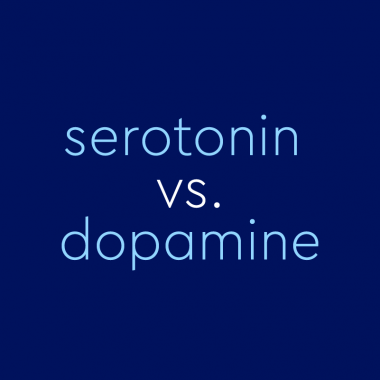Make Your Vocabulary Skyrocket With These Space Words
Our universe is unfathomably huge and getting bigger all of the time, according to the Big Bang model and the theory of universe expansion. That’s a pretty cool concept and term, right? As the theory goes, dark energy (more on this later) is causing the universe to continually stretch itself. Studying the universe introduces us to some fascinating concepts in general: black holes, rogue planets, …










